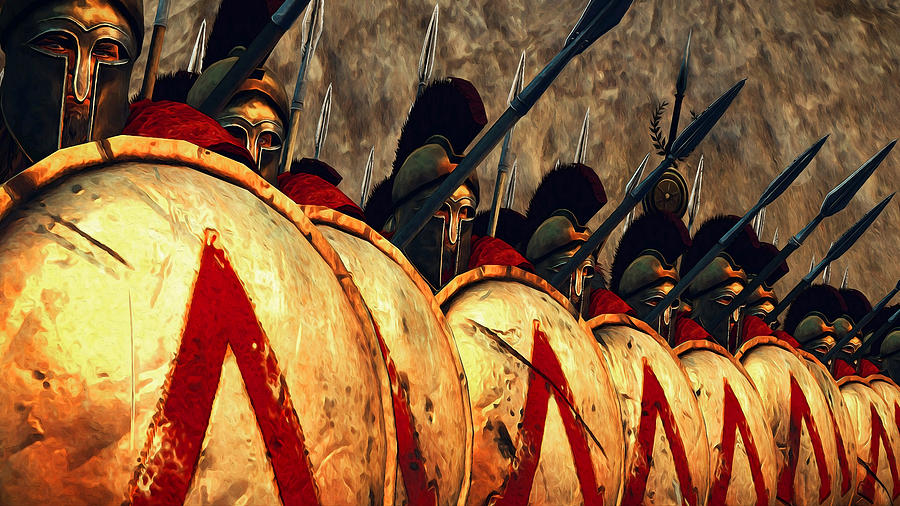

In 480 BC, Xerxes, the King of Persia, led an invasion of mainland Greece. Its success should have been a formality. For seventy years, victory - rapid, spectacular victory - had seemed the birthright of the Persian Empire. In the space of a single generation, it had swept across the Near East, shattering ancient kingdoms, storming famous cities, putting together an empire that stretched from India to the shores of the Aegean. As a result of those conquests, Xerxes now ruled as the most powerful man on the planet. Yet somehow, astonishingly, against the largest expeditionary force ever assembled, the Greeks managed to hold out. The Persians were turned back. Greece remained free. Had the Greeks been defeated in the epochal naval battle at Salamis, not only would the West have lost its first struggle for independence and survival, but it is unlikely that there would have ever been such an entity as the West at all."
- Tom Holland, "Persian Fire"
In 500 BC, the Greek city-states in Anatolia rose up against the rule of the Persian Empire in what was known as the Ionian Revolt. The Persians put down the revolt, but since Athens had helped, King Darius used this as an excuse to invade Greece. In 490, Darius landed a huge army near the Greek city-state Marathon, where they met the Athenian army. Though the Persians outnumbered the Athenians significantly, they were unprepared to fight against a phalanx, a tactic in which the Greeks locked their heavy bronze shields together to form a solid wall, thrusting from behind with long spears. The Persians routed, with a few survivors escaping by sea.
Ten years later, Darius' successor Xerxes tried again. He marched an enormous force into Greece (about a quarter million soldiers) but was held up for three days by a tiny force of Spartans and Thespians commanded by King Leonidas at the narrow pass of Thermopylae. The Spartans and Thespians fought to the death, giving the other city-states enough time to evacuate Athens and prepare for a larger battle. The Athenian navy, placed under the command of a Spartan named Themistocles, defeated the Persian navy at Battle of Salamis. The Persian army was driven from Greece for good at the Battle of Platea in 479 BC.